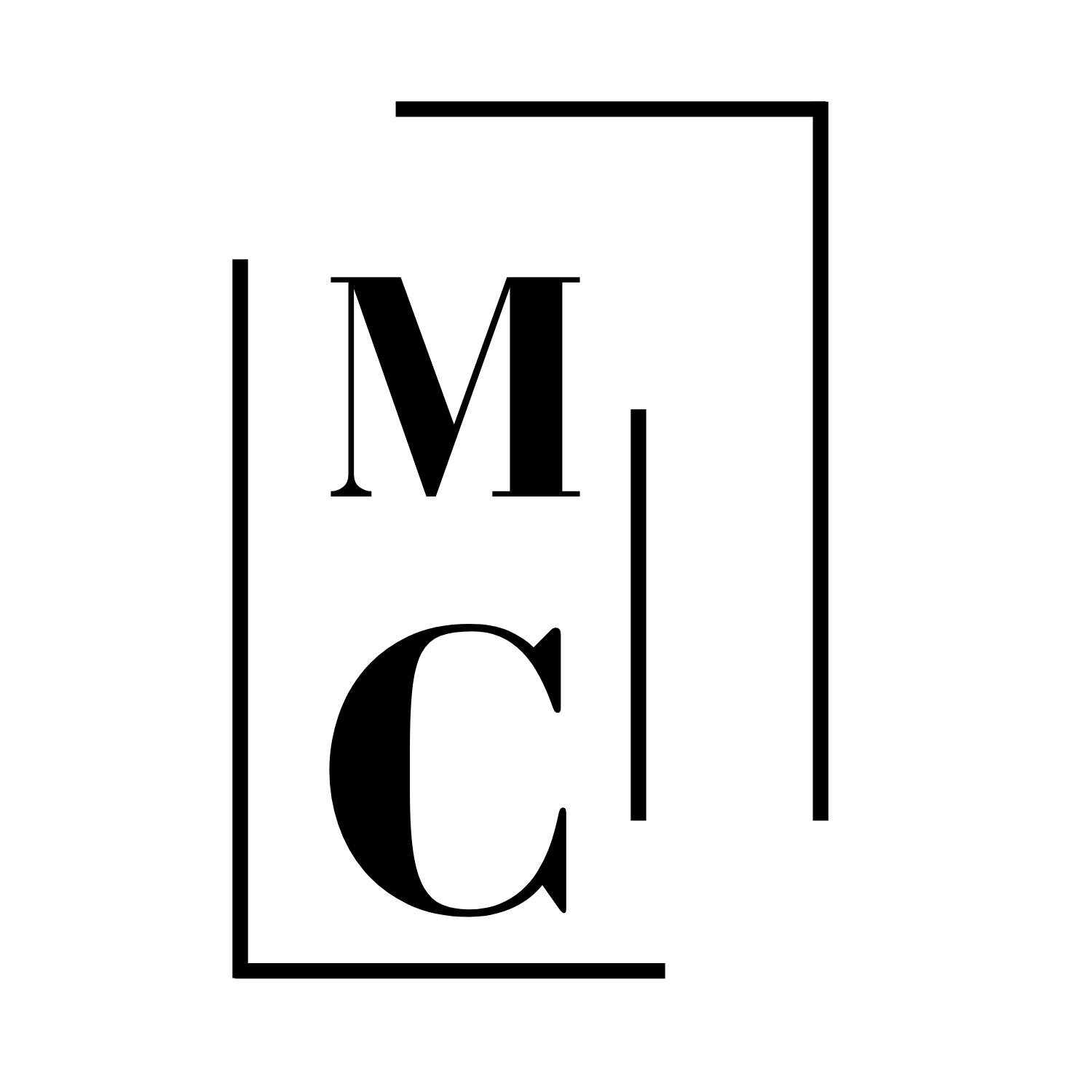Blog Post #10: Marketing as Storytelling
Think of an ad (commercial, political, etc.) that really resonated with you. Were there elements of storytelling present? What were they, and how do you specifically think they helped make the ad impactful? (You should link to the ad, if possible!)
When thinking of advertisements that have resonated with me, I immediately think of ads that resonated negatively. We all know the type of YouTube pre-roll ad that pops up countless times, is hopelessly generic, and is by all means a genuinely annoying experience waiting for the five seconds (which I swear is longer than that) to pass before skipping the ad.
Be it Grub Hub’s ad series utilizing a family drawn in the “corporate art style” – here’s a wonderful video explaining it – or the painfully repetitive ads for whatever shoddily-developed mobile game of the moment, this classification of ad is so painfully irritating in its repetition, lack of connection to the product, and lack of connection to me as a consumer, that they resonate so strongly in me to the point of my actively avoiding that product, generally out of spite.
However, there are certainly advertisements that resonate positively. Recently, as I have been focusing most of my time on my thesis work, I’ve started frequently watching content on film photography and photographic process – favorites here are certainly grainydays and Kyle McDougall. YouTube’s advertising algorithm has caught on, and I’m now frequently seeing ads for a Masterclass course on portrait photography taught by Annie Leibovitz.
To me, Leibovitz has been an inspiration in creative style and process for years, as she emphasizes the importance of letting the sitter of a portrait speak for themselves, and not imposing your perspective as the photographer onto them as the subject. Coincidentally, the Masterclass advertisement for her course opens with sentiments of this exact notion – and shockingly, I was immediately hooked.
The ad itself is over two minutes long, and I have willfully watched the entire thing, in every iteration, multiple times. The narrative presented, of putting the work in and collaborating with the subject of your image, cuts to the core of documentary photography and portraiture. In effect, the ad has narrative structure, and is evidently made to feel like a direct and intimate conversation with Leibovitz herself. The ad hooks me as a consumer because of the progression presented, the tidbits of insight that make you want more, and the call to action: to take better portraits, follow this advice.
That all said, have I paid for a Masterclass subscription to watch the course? No, and I have no plans to, as the paywall is much higher than I could justify. But the ads themselves, and the allure of instruction from a respected master of the craft, is enough to keep the ad, the product, and the company in mind.

